Iran’s Foreign Minister Abbas Araghchi said on Sunday that Tehran’s cooperation with the United Nations nuclear watchdog is now “no longer relevant,” after Western nations reinstated UN sanctions on the country.
“The Cairo agreement is no longer relevant for our cooperation with the IAEA,” Araghchi told diplomats in Tehran, referring to a deal signed last month with the International Atomic Energy Agency (IAEA).
The agreement had outlined a framework for renewed inspections and monitoring, following Tehran’s earlier suspension of cooperation after Israeli and US strikes on its nuclear facilities in June.
But the deal unraveled after Britain, France, and Germany, the European signatories of the 2015 nuclear accord, triggered the return of international sanctions, accusing Iran of violating its commitments. Tehran has rejected those accusations as politically motivated.
“The three European countries thought they had leverage in their hands, threatening to implement a snapback,” Araghchi said. “Now they have used this lever and seen the results. The three European countries have definitely diminished their role and almost eliminated the justification for negotiations with them.”
He added that in any future talks, “the European trio will have a much smaller role than in the past.”
Tehran Accuses IAEA of Double Standards
Iran has accused the IAEA of double standards, saying the agency failed to condemn Israeli strikes on Iranian nuclear sites, attacks that Tehran says violated international law and the Nuclear Non-Proliferation Treaty (NPT).
Western nations, led by the United States and supported by Israel, have long claimed Iran seeks to develop nuclear weapons, allegations the Islamic Republic denies. Tehran insists its programme is strictly civilian and fully permitted under the NPT.
Some Iranian lawmakers have even called for withdrawing from the NPT altogether. However, President Masoud Pezeshkian has said Iran remains committed to the treaty’s framework, while demanding equal treatment and respect for its rights.
Araghchi said that Iran’s next steps on cooperation with the IAEA would be formally announced soon, though he noted that “there is still room for diplomacy.”
Talks With US Stalled
Indirect negotiations between Tehran and Washington, which began in April to revive the broader nuclear deal, collapsed after Israeli attacks in June targeted nuclear, military, and residential facilities inside Iran.
Tehran has since accused the United States of sabotaging diplomacy and has demanded concrete guarantees, including recognition of Iran’s rights to peaceful enrichment, before any resumption of talks.
Iran maintains it has no intention of developing nuclear weapons, while Israel, which is not a signatory to the NPT, is widely believed to possess dozens of undeclared nuclear warheads.
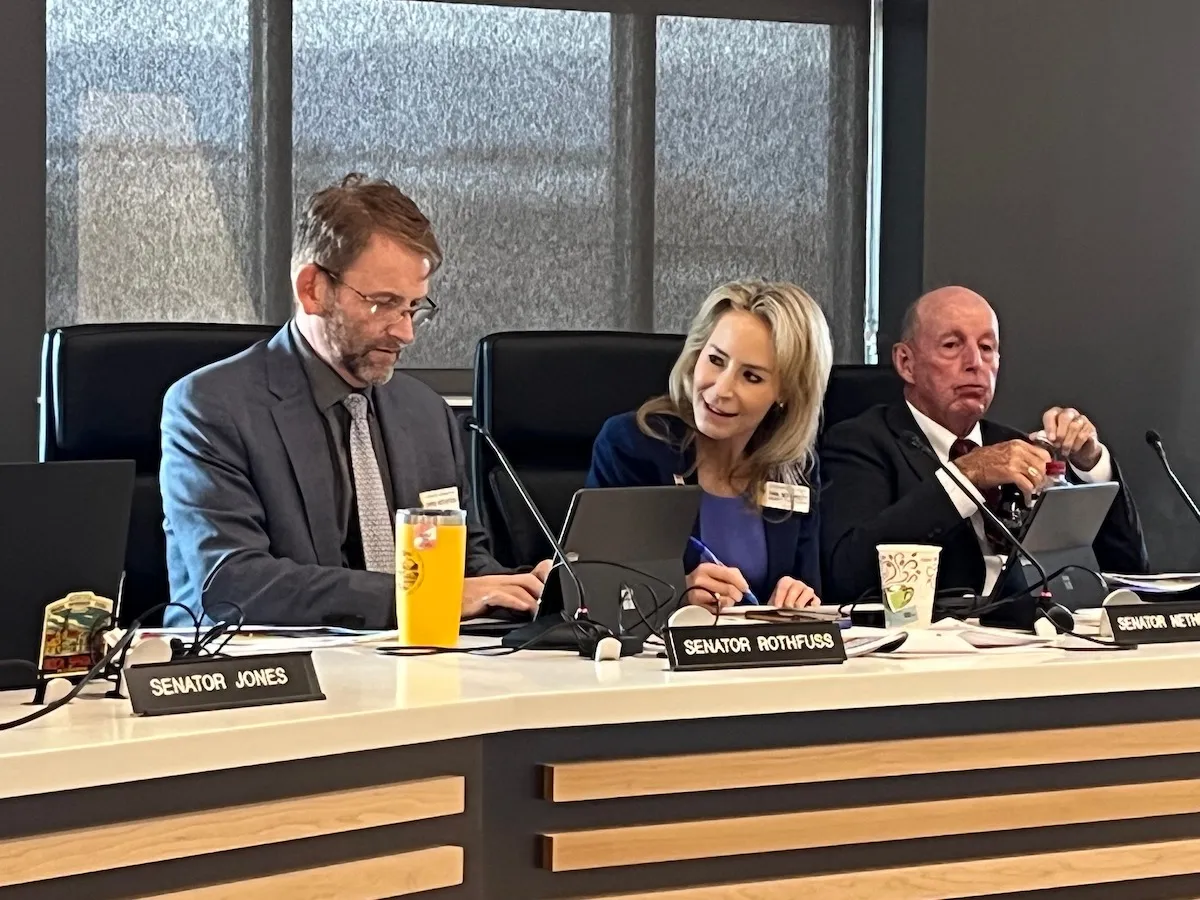
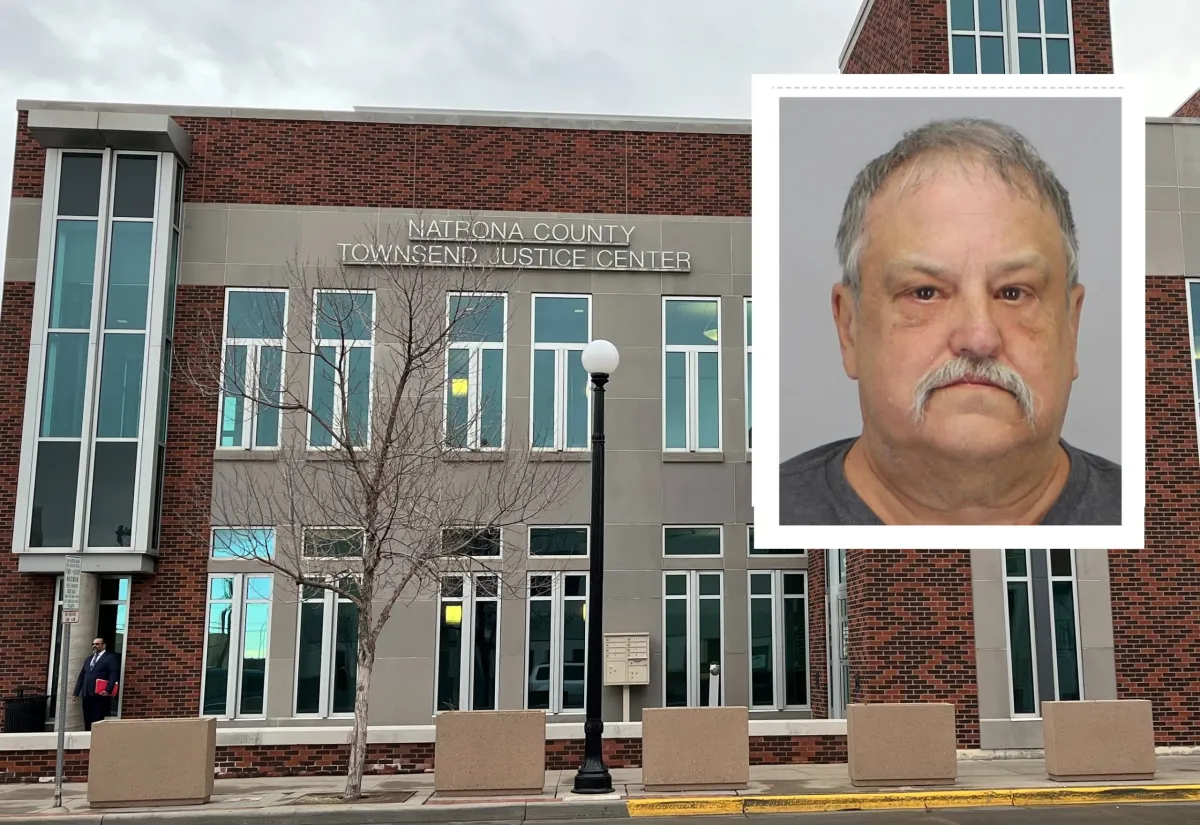
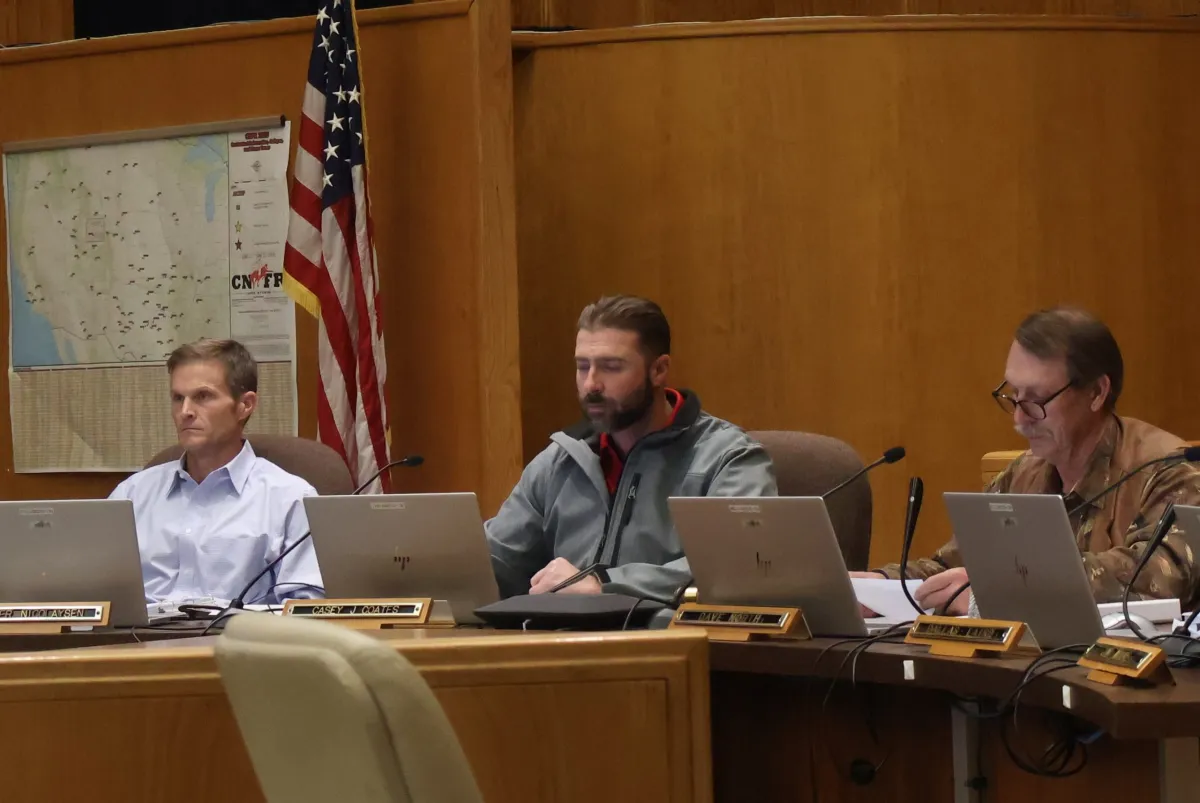
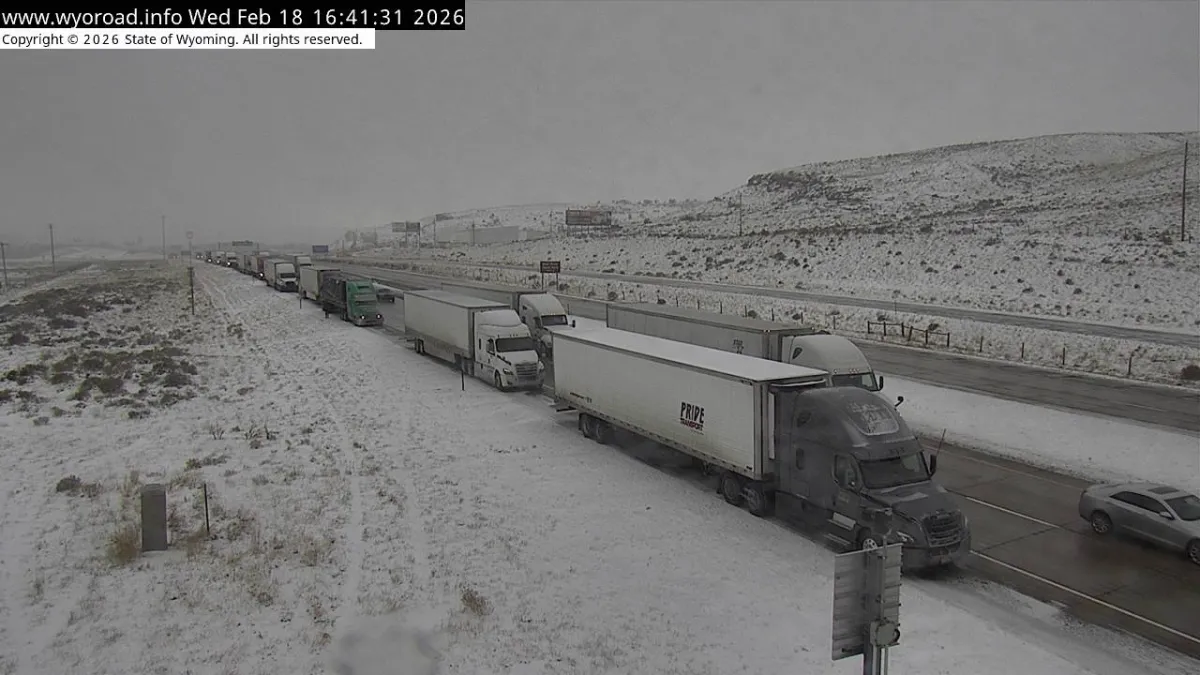

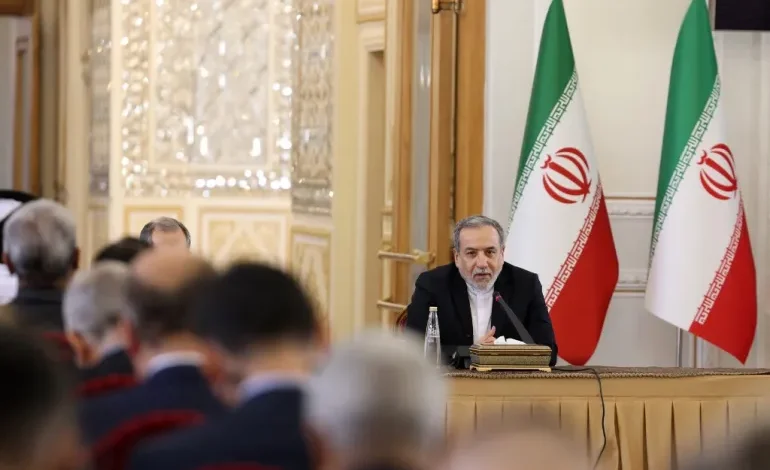




The latest news in your social feeds
Subscribe to our social media platforms to stay tuned